1. Madam C.J. Walker Manufacturing Company
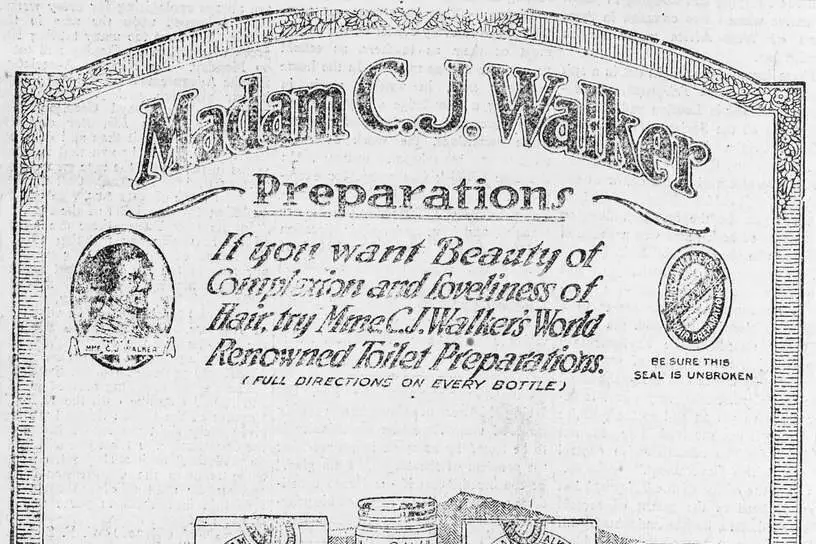
Madam C.J. Walker is often celebrated as one of the first self-made female millionaires, but her business legacy is just as important. She built a beauty empire in the early 1900s, creating hair care products specifically for Black women at a time when few companies catered to their needs. Her company didn’t just sell products—it trained thousands of women to be independent sales agents, giving them financial freedom. Walker’s innovative marketing strategies, like in-person demonstrations and direct sales, are still used today. She also used her wealth to give back, supporting Black colleges and civil rights causes shares HISTORY.
Her business was about more than just making money; it was about creating opportunities. The Madam C.J. Walker Manufacturing Company helped Black women gain skills and financial independence in a time when jobs for them were extremely limited. Her influence can still be felt in the natural hair care industry, which has exploded in recent years. Even though her company eventually faded, her impact on entrepreneurship and Black beauty standards remains strong.
2. The Chicago Defender
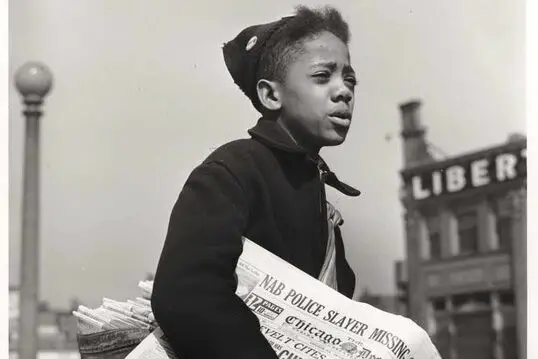
The Chicago Defender wasn’t just a newspaper—it was a movement. Founded in 1905 by Robert S. Abbott, this Black-owned publication became a lifeline for African Americans looking for honest news and opportunities. At a time when mainstream newspapers ignored Black voices or distorted their stories, The Chicago Defender provided a platform for truth. It was instrumental in encouraging the Great Migration, urging Black families to move north for better opportunities. Abbott’s paper even had to be smuggled into the South because white authorities feared its influence.
Beyond news, The Chicago Defender shaped Black business and culture. It ran advertisements for Black-owned businesses, helped musicians gain national exposure, and provided job listings for those seeking a better life. Its impact on journalism and the Black press paved the way for future Black media outlets like Ebony and Jet. Though it’s no longer as powerful as it once was, the foundation it laid for Black-owned media remains undeniable.
3. The Bronner Bros.
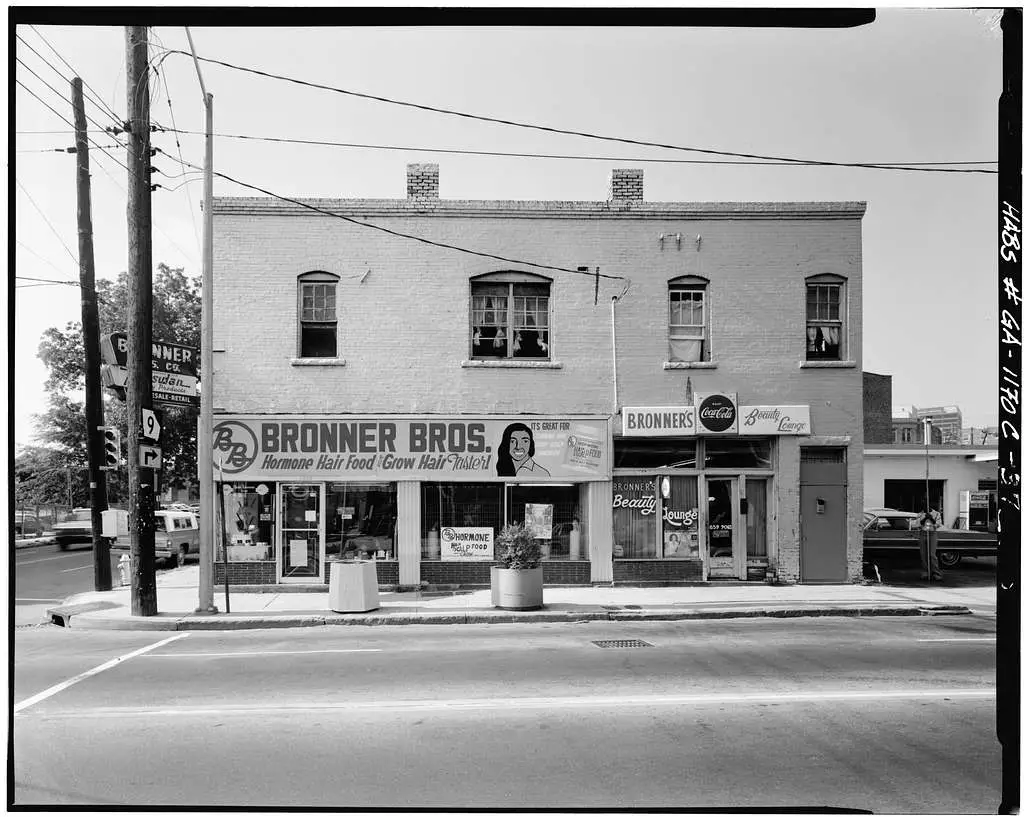
Long before natural hair care was mainstream, the Bronner Bros. were setting trends in the Black beauty industry. Founded in 1947 by Nathaniel Bronner Sr. and his brother Arthur, their company created hair products, hosted trade shows, and provided business education to barbers and stylists. The Bronner Bros. International Beauty Show became a must-attend event, giving Black beauty professionals a space to showcase their skills. Their brand grew into one of the largest Black-owned beauty companies in the country.
The company’s impact extended far beyond hair products. It helped turn hairstyling into a lucrative career for Black entrepreneurs and created a network of beauty professionals that still thrives today. While many Black beauty brands have been bought out by larger corporations, Bronner Bros. remains family-owned and dedicated to Black business success. Their commitment to Black entrepreneurship continues to inspire new generations of beauty moguls.
4. Motown Records
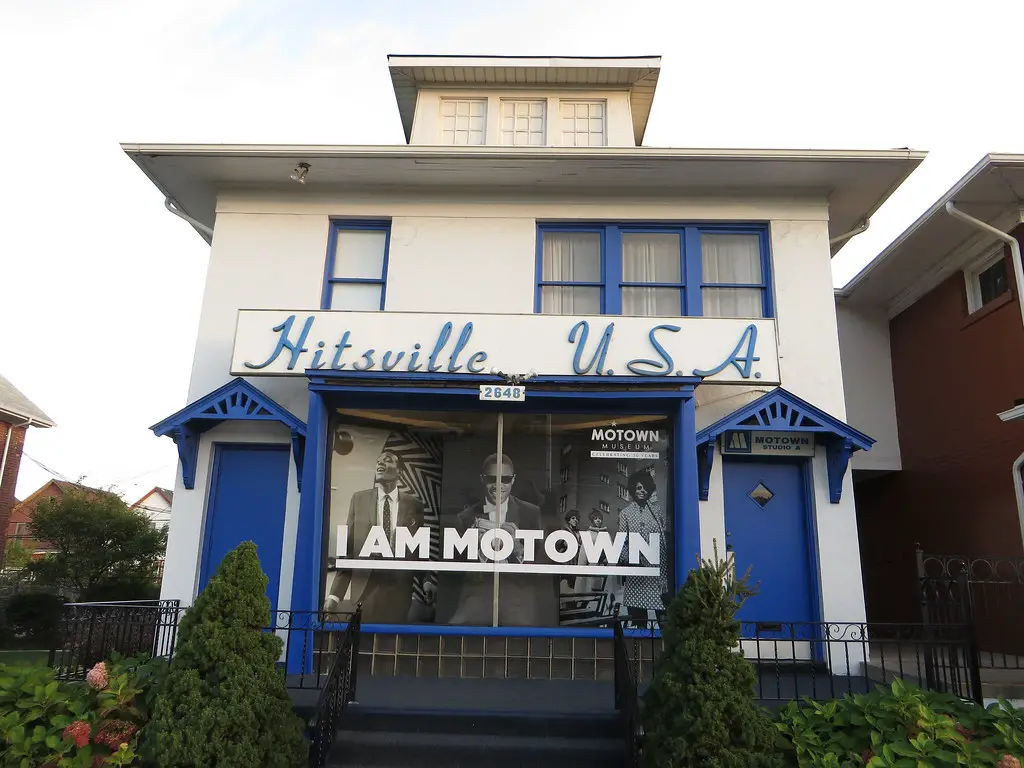
Motown Records wasn’t just a music label—it was a powerhouse of Black business success. Founded by Berry Gordy in 1959, it became one of the most successful Black-owned companies in the world. Gordy created a system that trained young Black artists in everything from singing to stage presence, turning them into global superstars. The Motown sound changed the music industry, launching artists like Stevie Wonder, Diana Ross, and Marvin Gaye.
Beyond the music, Motown was a blueprint for Black entrepreneurship. Gordy showed that Black businesses could be just as influential and profitable as their white-owned counterparts. He built an empire that included music publishing, television, and film, proving that Black ownership could extend beyond small businesses. Though Motown eventually changed hands, its legacy remains a testament to what Black entrepreneurs can achieve.
5. Fuller Products Company
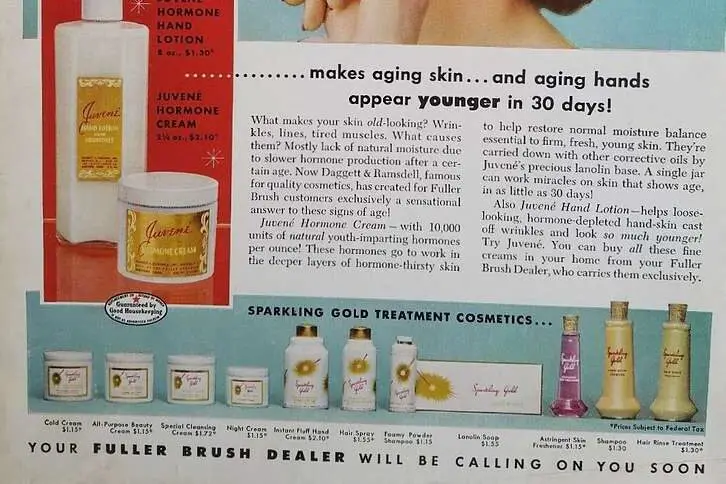
In the ‘40s and ‘50s, Samuel B. Fuller built one of the most successful Black-owned businesses in America. His company, Fuller Products, sold everything from cosmetics to household goods, using a door-to-door sales model similar to Madam C.J. Walker’s. Fuller trained and employed thousands of Black salespeople, giving them economic opportunities that were rare at the time. He believed in financial independence and taught his employees how to build wealth. At its peak, Fuller Products was valued at over $10 million.
Fuller’s success wasn’t just about selling products—it was about proving that Black businesses could thrive on a national level. He later expanded his empire, owning newspapers and even part of a radio station. While his company eventually declined, his approach to business ownership and salesmanship influenced future Black entrepreneurs. His belief in self-reliance and economic empowerment still resonates in today’s business world.
